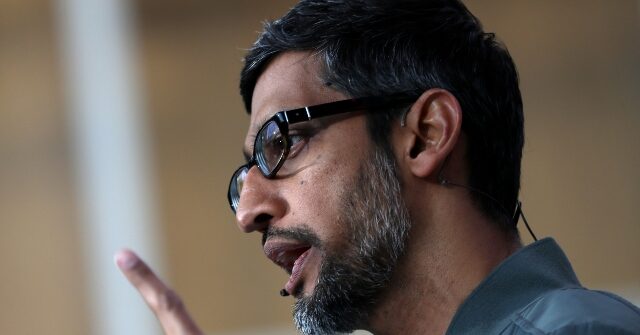Google has engaged in a systematic effort over the past 15 years to create a culture of concealment and minimize internal communications to avoid potential antitrust lawsuits, according to documents and testimony from recent trials.
The New York Times reports that as Google faced increasing antitrust scrutiny and various lawsuits related to patent, trademark, and copyright claims starting in late 2008, the company’s executives allegedly took steps to limit potentially incriminating communication among employees. In a confidential memo dated August 27, 2008, written by Google’s top lawyer Kent Walker and deputy general counsel Kyle Mische, Google instructed workers to avoid speculation, sarcasm, and discussing “hot topics” that could be seized upon by government regulators or competitors.
The memo, titled “Communications Practices 101,” marked the beginning of a 15-year campaign by Google to make deletion the default for its internal communications. Despite being a company that stores the world’s information, Google actively worked to minimize its own data trail. The company employs various strategies, such as using legal privilege as a comprehensive shield and imposing limitations on its own technology.
Google’s instant messaging tool was set to “off the record,” ensuring that any imprudent phrases would be automatically deleted the following day. Employees were consistently warned that careless communication could jeopardize even the most successful corporation.
The development of this distrustful culture within Google was revealed through hundreds of documents, exhibits, and witness testimonies from three antitrust trials against the company over the past year. The plaintiffs in these cases, which included Epic Games, state attorneys general, and the Department of Justice, sought to establish monopoly behavior by examining emails, memos, and instant messages from numerous Google engineers and executives.
The documents and testimonies shed light on the extent of Google’s efforts to create a culture of concealment. By encouraging employees to refrain from speculating, commenting on sensitive topics, or engaging in sarcastic remarks, the company aimed to minimize the risk of potentially damaging information surfacing during legal proceedings.
Google’s actions highlight the delicate balance that technology giants must strike between fostering open communication among employees and protecting the company from legal vulnerabilities. As antitrust scrutiny continues to mount against large tech firms, the strategies employed by Google to minimize its internal data trail may serve as a cautionary tale for other companies facing similar challenges.
Breitbart News recently reported on multiple federal judges criticizing Google’s internal communication policies:
Judges in three separate cases have taken issue with Google’s handling of evidence. In San Francisco federal court, Judge James Donato described Google’s suppression of evidence as “the most serious and disturbing” he had seen as a judge. He stated that Google “intended to subvert” the process of providing materials to its lawsuit opponents and that evidence was “lost with the intent to prevent its use in litigation.”
In Virginia federal court, Judge Leonie Brinkema said Google employees added lawyers into discussions as a “smokescreen” to invoke attorney-client privilege, calling the maneuver a “clear abuse.” She concluded that an “awful lot of evidence has likely been destroyed.”
In the District of Columbia federal court, Judge Amit Mehta expressed his astonishment at “the lengths to which Google goes to avoid creating a paper trail” for regulators and legal foes. He cited the auto-deletion of chats and noted that Google instructed employees to include a lawyer in sensitive email discussions, mark the message “attorney/client privileged,” and “ask the lawyer a question.”
The revelations from these antitrust trials provide a rare glimpse into the inner workings of one of the world’s most influential technology companies. They underscore the lengths to which Google has gone to shield itself from potential legal repercussions, even as it continues to shape the global digital landscape.
However, Google maintains that its communication policies are designed to protect the company and its employees from legal risks and to ensure compliance with applicable laws and regulations. The company has stated that it takes its legal obligations seriously and is committed to cooperating with regulatory authorities as needed.
Read more at the New York Times here.
Lucas Nolan is a reporter for Breitbart News covering issues of free speech and online censorship.
Read the full article here


